- This event has passed.
Bridging the Divides, Tending the Gap
September 24, 2021 @ 12:00 pm - September 25, 2021 @ 5:00 pm
Friday and Saturday, September 24 – 25
Friday – 12 PM – 7:30 PM (Central Daylight Time)
Saturday – 8:30 AM – 5 PM (CDT)
This conference will be held via ZOOM in order to bridge geography!
The Congregation of St. Joseph and its Spirituality Centers are delighted to sponsor Bridging the Divides, Tending the Gap, in partnership with the Fetzer Institute.
With the awareness that we live in a world of painful and destructive polarities, this conference will gather persons of various faiths, spiritualities, ages, and cultures who are longing to participate in the movement toward unity and the healing of divisions. Diverse processes will be presented to offer ways to navigate the chaos and draw on the creativity that exists in the gap between “the hard realities that we have experienced and what we know is possible.” (Parker Palmer)
Participants will be invited to engage in processes and programs empowering us to grow in deeper listening, understanding, and compassion, and to join in courageous conversations to bridge different views. It is in the gap between two views where dynamic energy and openness are present to discern the newness being born. With this awareness we will also present activities, multi-disciplinary processes, and rituals to spark creativity, opening a path to a new future which is already pulling us forward.
FIND OUT MORE / REGISTER:
bidpal.net/bridgingdivides

